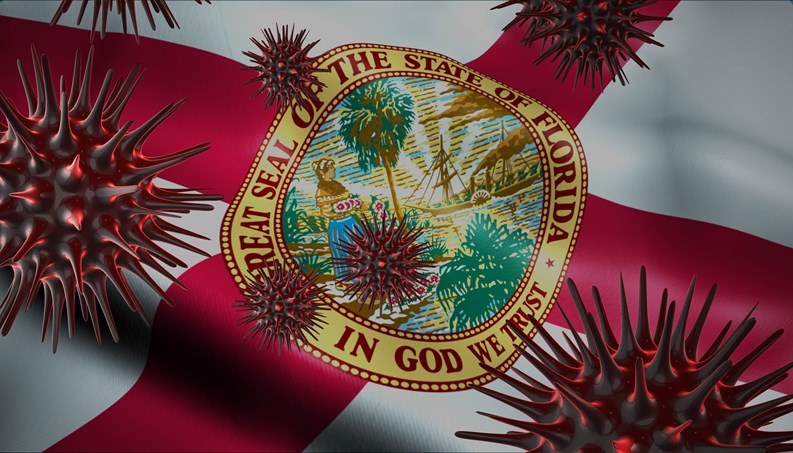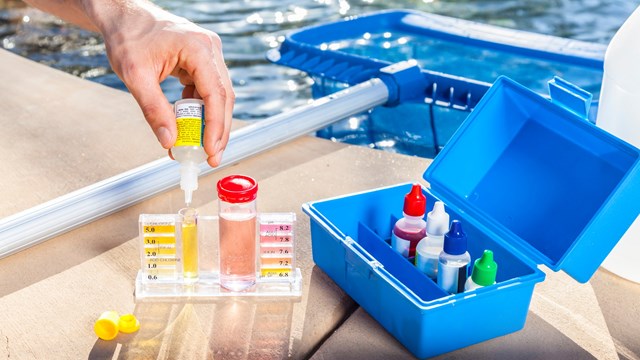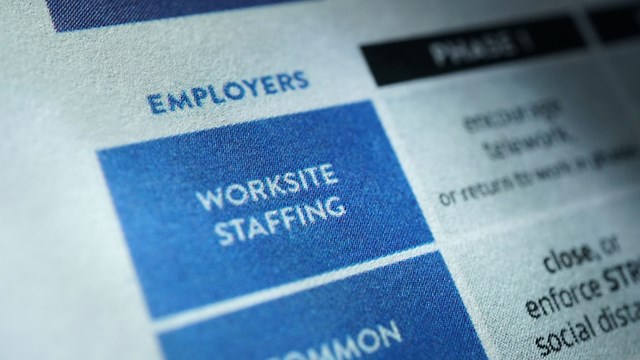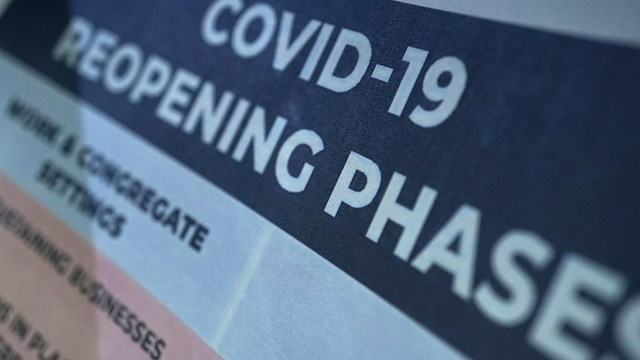On Thursday May 14, Florida Governor Ron DeSantis issued Executive Order 20-122, permitting Broward County to participate in the Phase 1 reopening identified in Executive Order 20-112, Executive Order 20-120, and any future orders pertaining to Phase 1 of the state’s phased reopening plan.
As the first step in what promises to be a long and arduous process, Phase 1 aims to safely guide residents into the “new normal” of this surreal reality. Community associations -- and most importantly the officials who run them -- must continue to coordinate operations in adherence with local municipal regulations and Broward County’s guidelines concerning reopening of additional recreational facilities such as fitness centers, community rooms, and additional amenities.
The key provisions of Broward County Emergency Order 20-122, Section 8: Community Rooms, Fitness Centers, and Gyms in Housing Developments stipulate the following:
- Golf courses and other recreational amenities permitted to operate may continue to operate, subject to the CDC Guidelines and the requirements of Emergency Order 20-08.
- Hot tubs, saunas, steam rooms, and shower facilities shall remain closed.
- Community rooms, fitness centers, and gyms located within multifamily housing developments or community associations -- but excluding standalone commercial facilities -- may operate, provided all such operations are consistent with the following guidelines:
- No community room, fitness center, or gym is required to be opened if the housing development does not wish to do so, or believes it cannot do so safely and in full compliance with the requirements of this Emergency Order; any decision by a particular housing development is also subject to any applicable internal rules or regulations of that entity.
Capacity Requirements
- Maximum 50% occupancy. Social distancing requirements do not apply to members of the same household.
Community rooms, fitness centers, and gyms shall be limited to residents of the housing development only. No guests shall be allowed.
Exercise machines, equipment and tables must be rearranged and/or closed for use to ensure at least 6 feet of distance between patrons using such machines, equipment, or tables. Social distancing guidelines provided by the CDC shall be adhered to at all times.
No gatherings or multiplayer games (e.g., mahjong, poker, etc.) are permitted in the community rooms between persons who do not reside in the same household.
Sanitation & Safety Requirements
- Before reopening, the community room, fitness center, or gym (as applicable) must be thoroughly deep-cleaned, disinfected, and sanitized. After opening, community rooms, fitness centers, and gyms must be deep-cleaned daily.
- Housing developments shall provide disinfecting wipes, and residents shall be required to wipe down each machine after each use.
- Hand sanitizer shall be available at the facility. Patrons must be informed that they must sanitize their hands when entering the gym and prior to utilizing each piece of equipment.
While these orders are meant to restore some sense of normalcy and provide people with outlets for exercise and activity, reopening may not prove to be feasible for many community associations, as some simply may not be equipped to comply with the CDC requirements and guidelines. Associations must recognize that there is potential liability if they reopen and cannot comply with CDC guidelines -- and even if they do comply, there could still be liability issues if there is an outbreak in the building as a result of reopening shared amenities. This will be a difficult balancing act, as associations could also face challenges from owners eager to use amenities.
Many associations do not have enough staff to monitor and ensure compliance with social distancing requirements; others may not have the funds to budget for the supplies and equipment needed for daily deep-cleaning. This could likely result in owners being presented with increased association dues to cover the additional costs. In these cases, reopening amenities may prove to be an undue burden on the many associations currently struggling to simply maintain operations during this next phase of the pandemic.
Carolina Sznajderman Sheir is a partner at Eisinger Law, a full-service law firm based in Hollywood, Florida, focusing her practice on real estate, condominium, and community association law, as well as commercial litigation, construction litigation, and developer representation. Alessandra Stivelman is also a partner at Eisinger Law. Her primary areas of practice include real estate and condominium and community association law, commercial litigation, construction litigation and corporate/partnership law. This advisory is offered as a service to clients and friends of Eisinger Law and The Cooperator, and is intended as an informal summary of certain recent legislation, cases, rulings and other developments. This advisory does not constitute legal advice or a legal opinion and is not an adequate substitute for the advice of counsel.







Leave a Comment